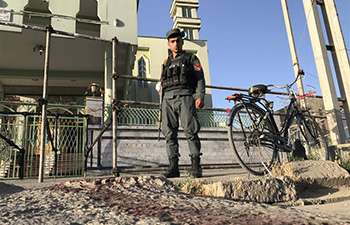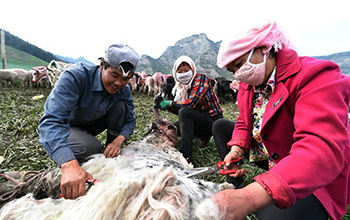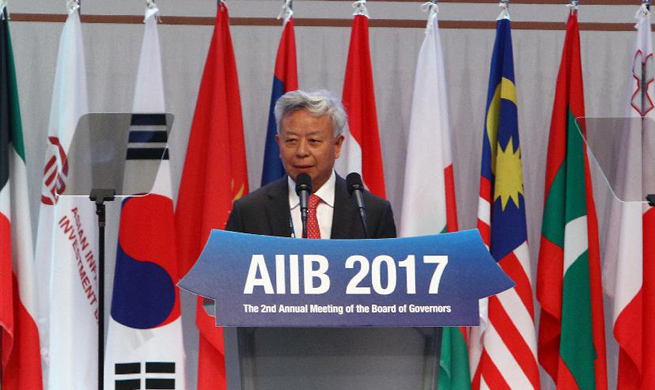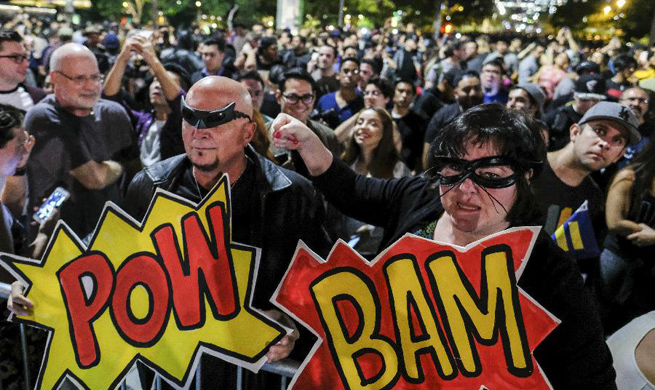JUBA, June 16 (Xinhua) -- Experts have called on authorities in South Sudan to develop laws to combat rampant hate speech and online incitement, which they said have caused more violence and ethnic polarization since 2013.
Speaking during a workshop on hate speech in Juba on Friday, the experts said rumors, fake news and newly adapted rhetoric of using symbols and images that carry hate messages has fuelled hatred, ethnic divisions and incitement to violence.
Jacob Dut Chol, senior lecturer of political science at the University of Juba, said local politicians and South Sudanese communities living abroad contributed much of the ongoing hatred by posting inflammatory content on social media sites.
Chol said hate speech has recently shifted from online and offline platforms to symbols being used in public domains, which he warned could even prolong the ongoing violence.
"Hate speech is a big and worrying issue in South Sudan. If it's not addressed on time, it will cause a lot of ethnic polarization, disunity and continue perpetuating the violence for a while," Chol said.
Chol said tougher laws against perpetrators of online and offline hate speech and increased awareness would help reverse the current trend.
He called on South Sudanese to draw experience from countries like Rwanda and Kenya, which tackled hate speech and incitement following the Rwandan genocide in 1994 and the post elections violence in Kenya in 2007 through advocating for responsible use of social media, hate speech awareness and counter-messaging and peacebuilding.
"Hate speech can be controlled by tough laws and policies. This therefore calls on the government to urgently come up with legislations. We need to also scale up sensitization against hate speech," Chol said.
Edmund Yakani, Executive Director of civil society group Community Empowerment for Progress Organization (CEPO), said a survey they conducted indicated that four out of five posts or comments on social media in South Sudan carries hate speech or incitement to violence.
He said the trend increased drastically following renewed violence in July 2016, warning that if it continues, South Sudan risks disintegration.
"Hate speech has contributed to the ethnic divisions. And if we don't get serious, the word South Sudan will soon disappear and we begin identifying ourselves by tribes and ethnicities," Yakani said.
"There is need to mitigate hate speech through contribution from the government by enacting laws that hold the perpetrators of hate speech and anti-peace groups accountable," he added.
South Sudan plagued into civil unrest in December 2013 following political disputes between South Sudanese President Salva Kiir and his then deputy Riek Machar.
The conflict has killed tens of thousands of people and displaced millions of others while dividing communities along ethnic lines and leaving the nation in severe food insecurity and on the edge of economic collapse.
A peace deal signed in 2015 under international pressure failed to end the violence as it was shattered again by fresh clashes that erupted in July 2016.
Susanne Bellinghausen, Head of DefyHateNow, a German-based peace advocacy organization working in South Sudan and refugee camps in neighbouring countries, said continued violence and displacement has escalated hate speech in South Sudan, calling for urgent and increased efforts from the government and civil society organizations to combat hatred.

















